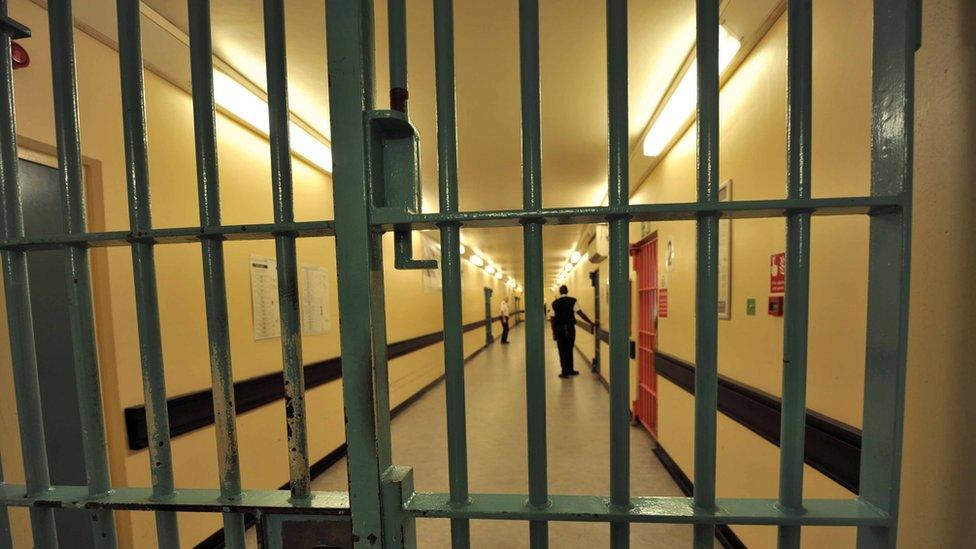John Worboys: Would banning him from London be enforceable?
- Published
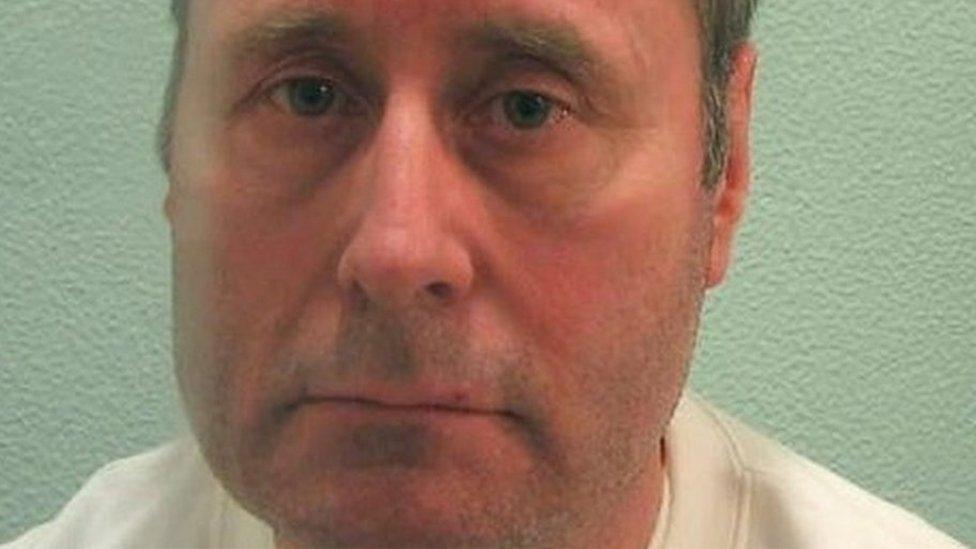
London Mayor Sadiq Khan and several MPs have said that the rapist John Worboys should be banned from Greater London when he is released from prison.
Would such a ban be legal and practical?
The head of the Parole Board, Nick Hardwick, has said that a ban from London would be considered if the board believed that was the safest way to monitor Worboys.
The Parole Board can, and often does, include an exclusion zone in the conditions of someone's licence, but it must be proportionate, and can be subject to appeal.
In this case, banning Worboys from the city he lived in could be proportionate if there are no other extenuating circumstances, according to John Griffith, prison law supervisor for Emmersons Solicitors.
"Given that his victims were from across a large swathe of London, to protect them it would be considered proportionate to ban him from London," he says.
So the Parole Board could make staying out of London one of the conditions of Worboys's release - then it would be up to the Probation Service to make sure he stuck to it.
Enforcing a ban
In most cases where offenders are banned from specific areas, probation officers rely on members of the public reporting breaches.
They can also check up using number-plate recognition technology and data from mobile phones, credit cards, sat-navs and even fitness monitors.
"In my experience, they are pretty tight on mapping people released on life sentences," says Ian Kelcey, a partner at Kelcey and Hall solicitors.
It is possible to issue offenders with satellite-tracking tags, which alert the Probation Service's monitoring centre if the wearer ventures into an exclusion zone.
A Ministry of Justice spokeswoman said that GPS tags were an available source of monitoring but stressed that the MoJ did not get involved in parole decisions.
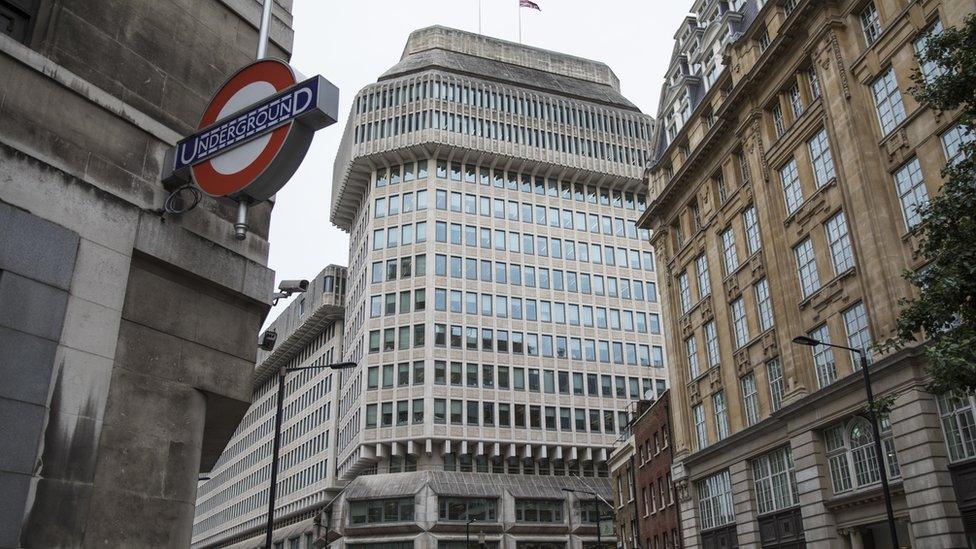
The National Probation Service is based at the Ministry of Justice in central London
In high-risk cases, the parole board imposes stringent restrictions on prisoners, releasing them first to supervised premises under a curfew. These used to be known as bail, or probation, hostels.
"We would expect his sentence plan to be extremely rigorous - there'll be a massive range of restrictions," says Ian Lawrence, general secretary of the probation officers' trade union Napo.
Tagging has its place but there's nothing like regular contact with a probation officer, he says - knowing where a person has been doesn't tell you enough about what they are doing.
In 2009, Worboys was given an indeterminate sentence for public protection - or an IPP - after being convicted of 19 offences including one count of rape.
Offenders released after IPP sentences are on supervised licence for at least 10 years.
Two newspapers have said they will apply for a judicial review if the Parole Board does not publish its reasons for releasing Worboys.
And Scotland Yard has confirmed that it is investigating a new sexual assault allegation made against Worboys.
Worboys has been moved from HMP Wakefield, in Yorkshire, to Belmarsh, a prison in south-east London, fuelling concerns he'll be released into the local area.
On Tuesday, Justice Secretary David Gauke promised the most stringent licensing conditions for Worboys.
And solicitor Ian Kelcey says Worboys would be foolish to break any of his licence conditions.
"His face has been out there in the media," Mr Kelcey says. "So imposing a no-go area could be very effective with a guy like this."



- Published23 August 2017
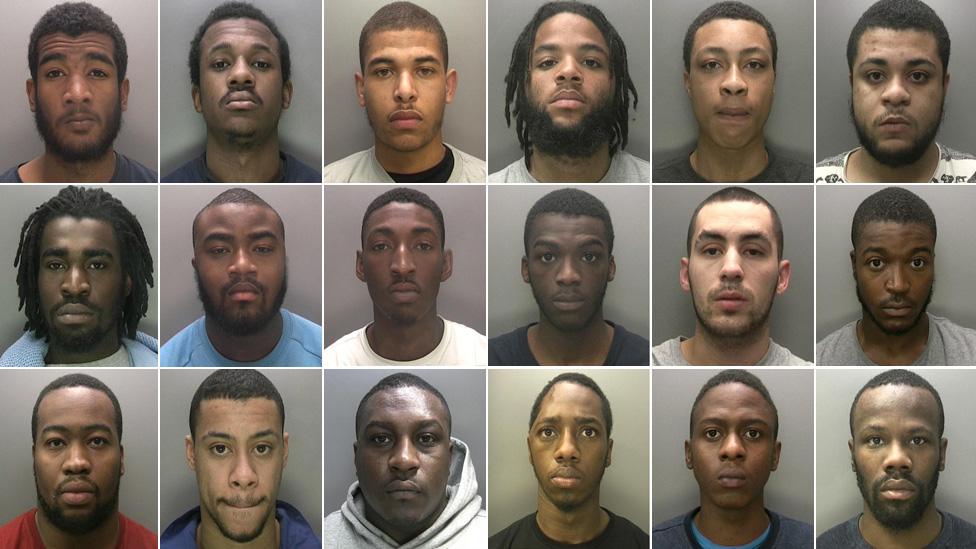
- Published24 January 2018
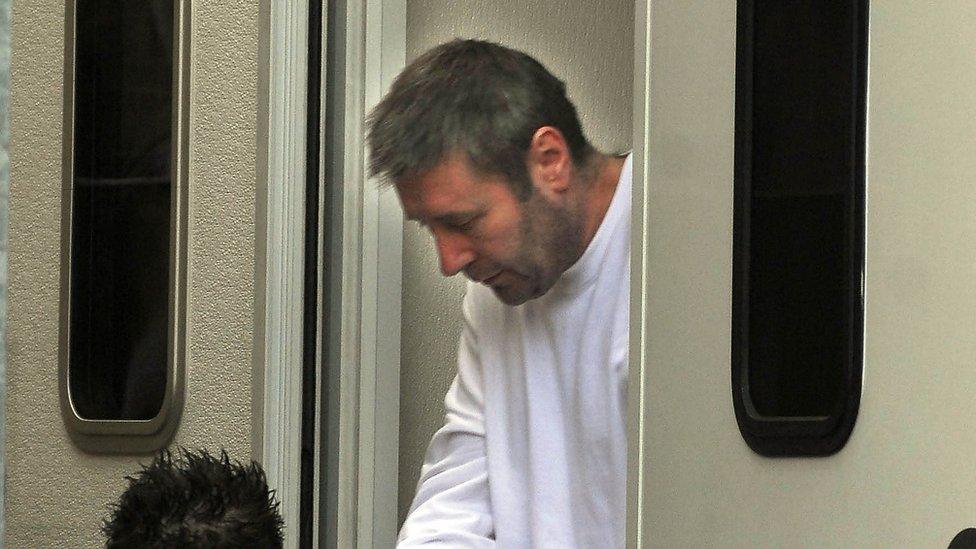
- Published6 January 2018
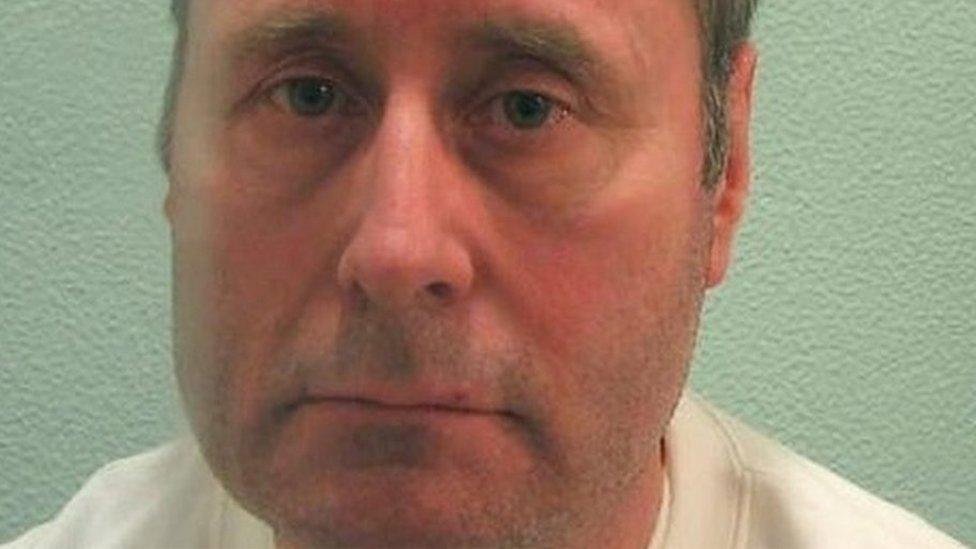
- Published23 July 2014
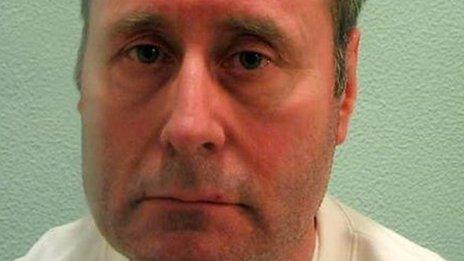
- Published5 January 2018
